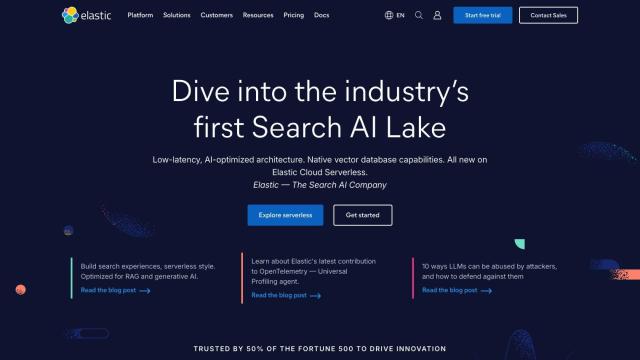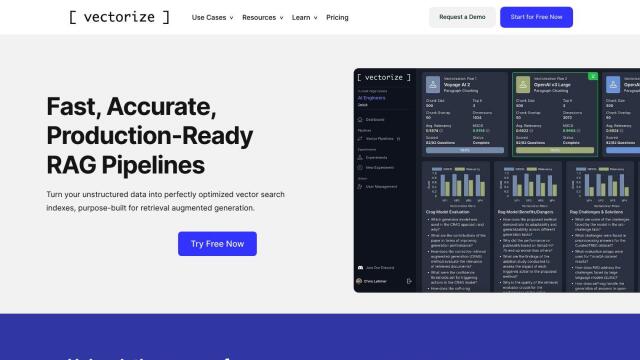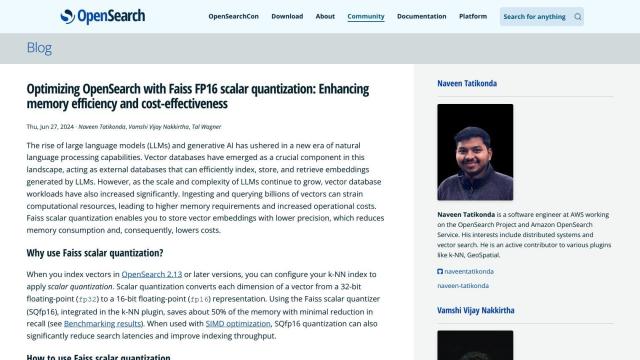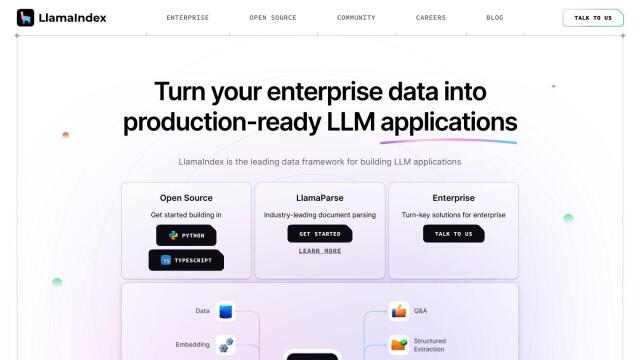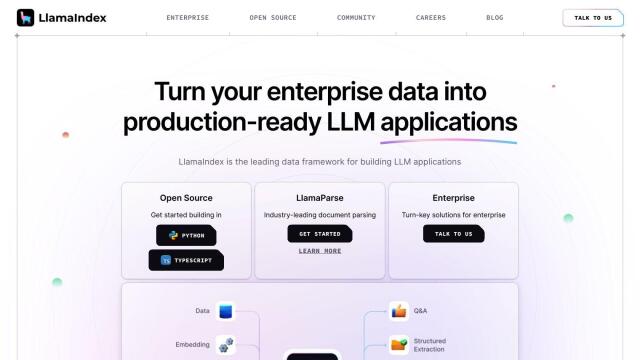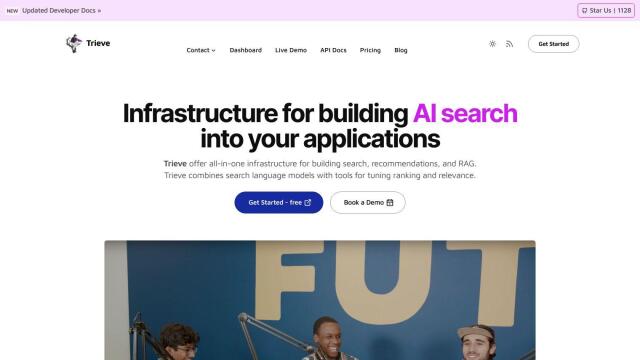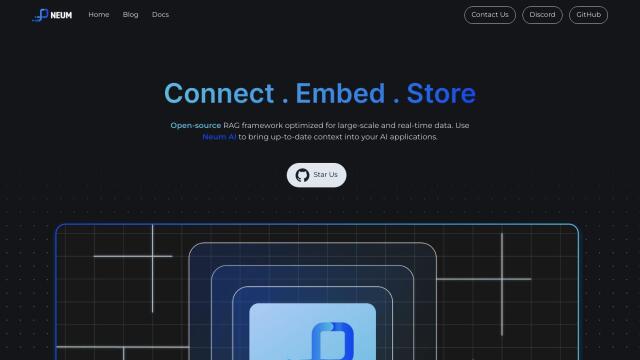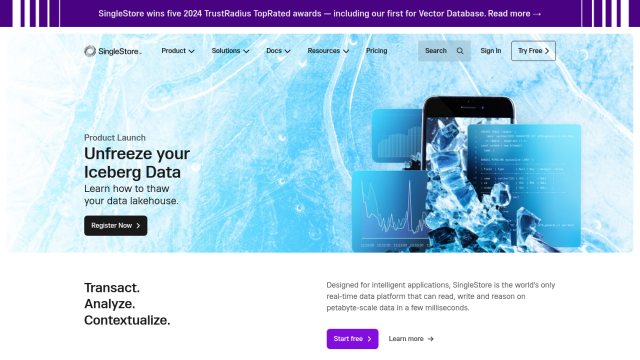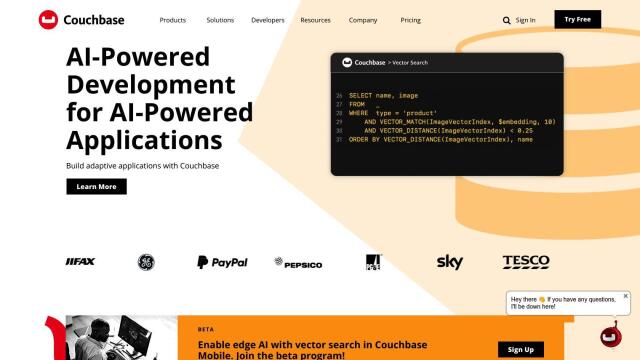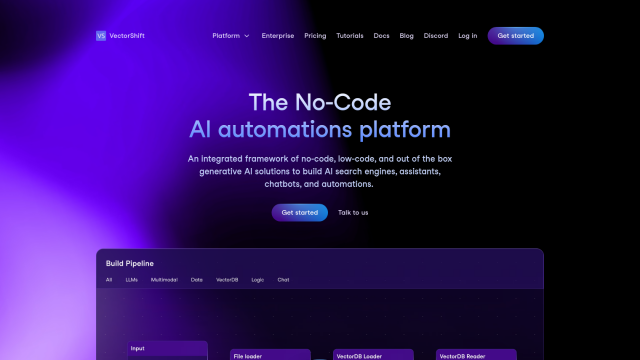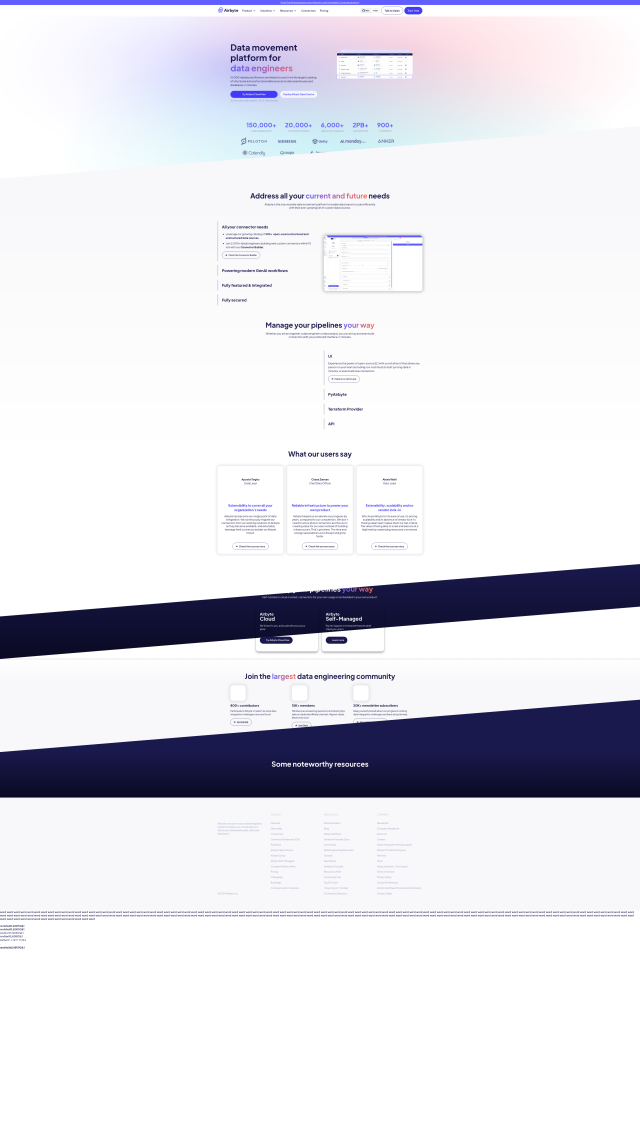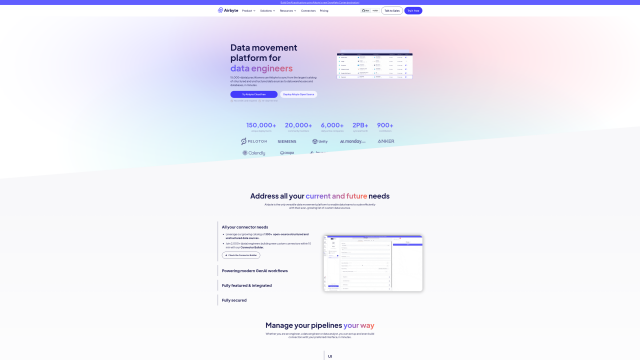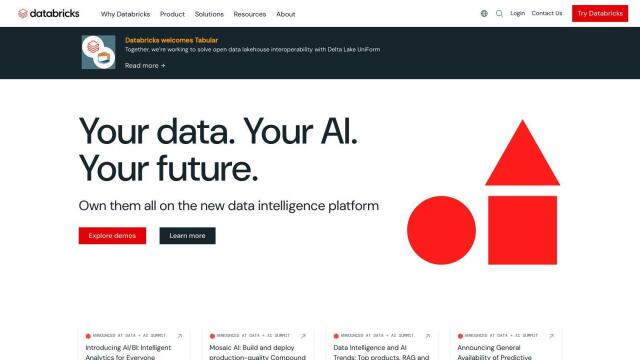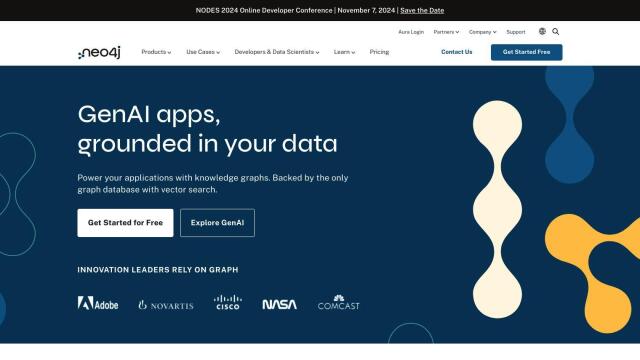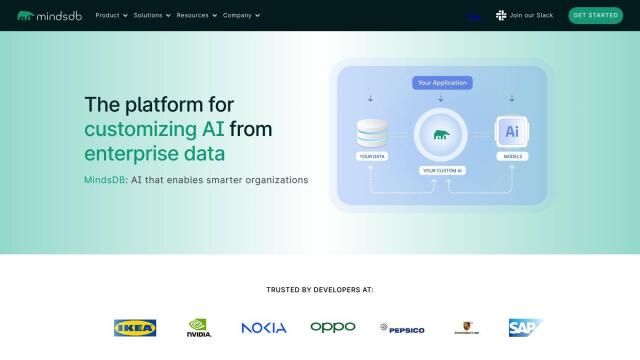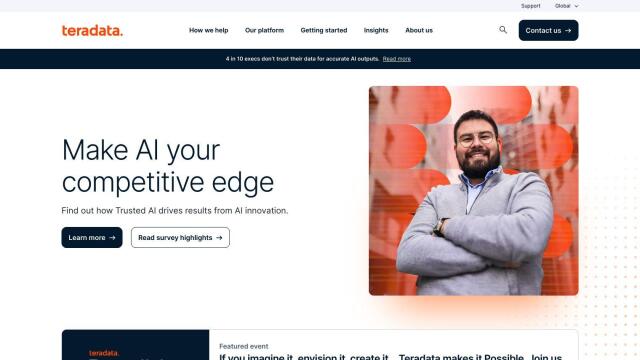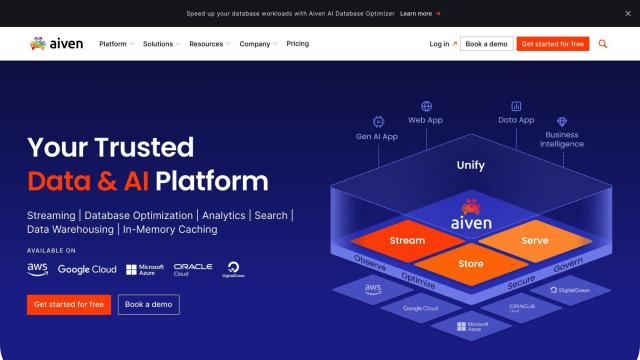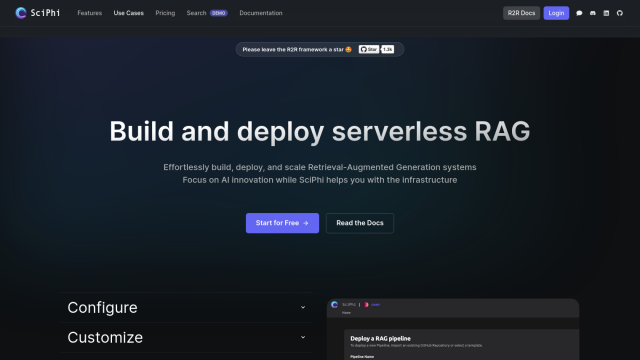Question: I'm looking for a cost-efficient solution for storing and processing large amounts of vector data, with options for compression and data offloading.

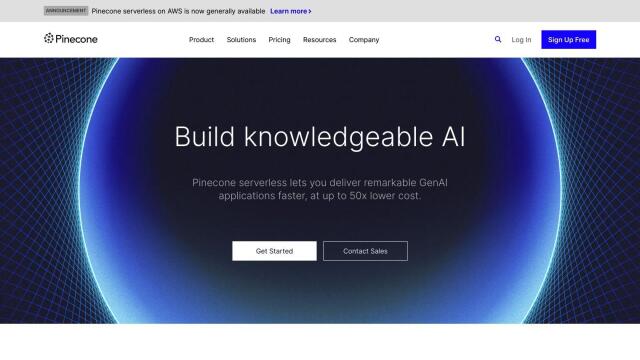
Pinecone
If you need a low-cost way to store and process lots of vector data, Pinecone is a top contender. Pinecone is a vector database tuned for fast querying and retrieval of similar matches across billions of items in milliseconds. It supports low-latency vector search, real-time indexing and hybrid search that blends vector search with keyword boosting. With an average query latency of 51ms and 96% recall, Pinecone is a scalable and cost-effective option. It also supports multiple cloud providers and offers a free starter plan.


Vespa
Another top contender is Vespa, an online service that makes it easier to apply Artificial Intelligence (AI) to large data sets. Vespa is a unified search engine and vector database that supports vector search, lexical search and search in structured data. It marries fast vector search with machine-learned models for a scalable and efficient search application. Vespa also supports high-end-to-end performance and low latency, making it well-suited for search, recommendation and personalization use cases.

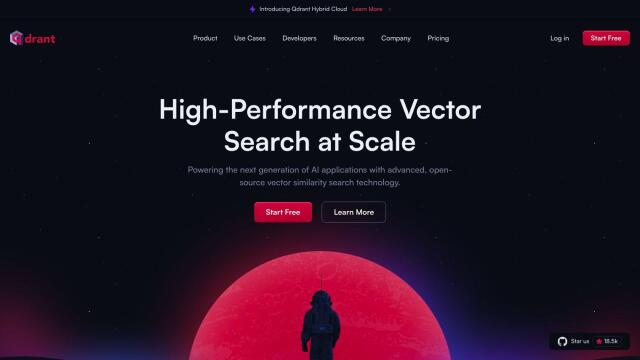
Qdrant
Qdrant is another good option, particularly for cloud-native applications. It's an open-source vector database and search engine designed for fast and scalable vector similarity searches. Qdrant is designed for high-performance processing of high-dimensional vectors and supports cost-effective storage. With flexible deployment options, including a free tier, and strong security features, Qdrant is a good fit for many use cases like advanced search and recommendation systems.


DataStax
Last, DataStax offers a generative AI stack powered by the industry-leading vector database Astra DB. It delivers 20% better relevance and 74x faster response times compared to traditional systems. DataStax supports both vector and structured data for secure, compliant and scalable operations. Its pay-as-you-go pricing model is good for any-size projects, and it also offers strong support for multiple development environments.

